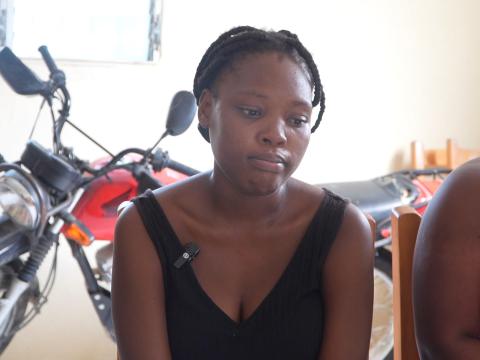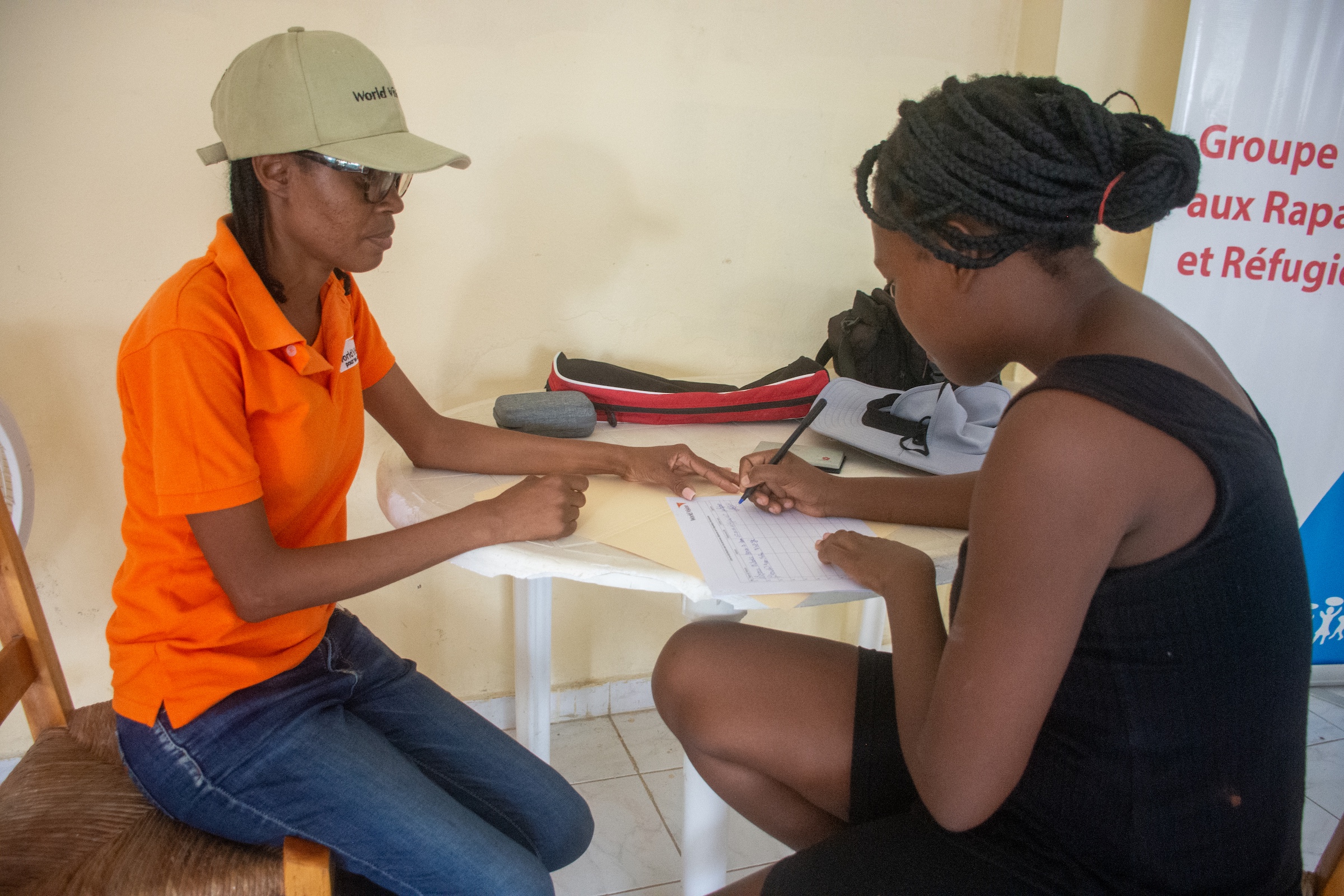Between Two Hells: Gang Violence and Forced Deportation

In the gray light of dawn, they came for Rosemerline. A 24-year-old pregnant woman, fragile and forgotten in a world that had once promised refuge. She was seized. Her captors showed no regard for her humanity—only the brute efficiency of removal. A truck carried her back to Haiti, cage-like and suffocating.
“They took me at 5 AM,” Rosemerline whispered, her voice trembling under the weight of an old, familiar story. “We didn’t arrive until 1 PM.” Nine hours—crammed in with others, shoulder to shoulder, with no room to breathe, no room to move. It was as if time had bent back on itself, drawing an unbroken line between the present and the horrors of the past. There was no air, no water, no dignity—only bodies, piled together like cargo, forgotten.
"I couldn't breathe," she said, as her voice faltered. No mercy for the mothers, no regard for the unborn life stirring within her. In that truck, it did not matter if a woman carried a child or an infant clung to her breast—tearing families apart, stripping away what little remained of their humanity.
“They take you whether you have shoes or not,” she said. “Whether you’re dressed or half-naked, they don’t care.” The words fell like stones, heavy and hard, echoing across the centuries. Women, children, men—barefoot, broken, bound. The captors of Rosemerline’s snatched people from their homes, indifferent to their cries, transporting them, like goods, like property—now they find themselves shackled by invisible chains of indifference and dehumanization.
The roads of the Dominican Republic, winding and rough, became Rosemerline’s Middle Passage—a calvary of pain and loss. The conditions endured were a violation of human rights—a familiar cruelty disguised under a different name. As they were unloaded, tossed aside, Rosemerline was left to grapple with the bitter taste of abandonment, her dreams bruised by the harshness of reality. She, like the women and men before her, the 11,000 that were deported this week, had been treated as though she were not fully human—as though her existence was a burden to be cast off, her dreams discarded along with her dignity.
Yet, amid the suffocating despair, Rosemerline clings to hope. Her spirit, though battered, refuses to break. Having studied culinary arts, she imagines a future where she can build a business, where her hands can create rather than be bound. Her circumstances are grim—her mother is gone, her father is blind, her siblings scattered in the hills, hiding from the relentless assault of gangs in Arcahaie. But even now, with the weight of her struggles, Rosemerline dreams.
“To stay in my country, I dream of having a business,” she says, her words a quiet rebellion against the forces that seek to uproot her life. She plans to finish her high school studies after giving birth, to reclaim the future that was stolen from her. She calls on the Haitian government, pleading for a world where young people can live with dignity, where jobs and security give them a reason to stay home, without the shame of deportation hanging over their heads.
Her faith, unshaken by her trials, anchors her in the storm. “Pray for the bandits to put down their guns,” she urges, believing in the power of prayer to move mountains. “God can do everything. When you pray, ask God to cleanse our country, to unite us.”

Rosemerline’s journey is a mirror, reflecting the horrors of the past and the injustices of the present. As she clings to hope, we are called to act—to ensure that her story, and the stories of so many others, are not lost to the indifference of history.
World Vision stands with Rosemerline and the countless others caught between two hells—between the violence of gangs and the brutality of forced deportation. Together, we call on the international community, the Haitian government, and the Church to rise to the challenge. It is time to break the chains—both old and new—and to work for a Haiti where every life is treated with the dignity and respect it deserves.